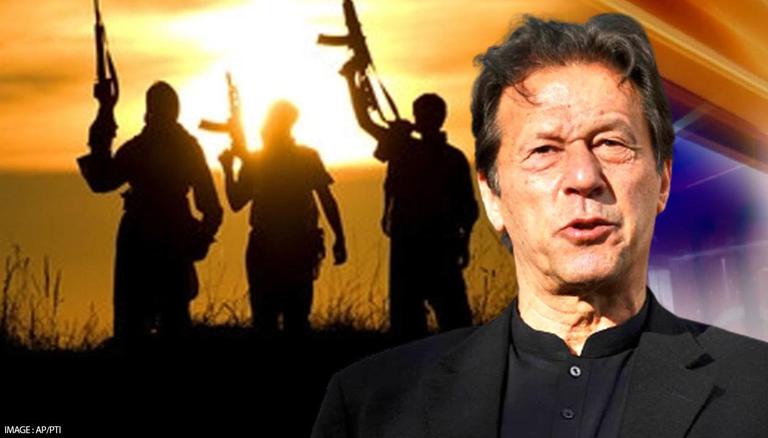Pakistan’s resilience has always been tested by internal and external forces seeking to destabilize the nation. Among these challenges, the threat posed by Tehreek-e-Taliban Pakistan (TTP) remains one of the most dangerous.
Recently, the TTP issued statements targeting military-linked economic institutions like the Frontier Works Organization (FWO), National Logistics Cell (NLC), and Defence Housing Authority (DHA).
These threats aim to undermine Pakistan’s economic stability and tarnish the reputation of institutions integral to national development. However, what is particularly alarming is how these militant threats echo the rhetoric propagated by the Pakistan Tehreek-e-Insaf (PTI), creating an unsettling convergence of narratives.
For years, PTI has been vocal in its criticism of Pakistan’s military, accusing it of overreach and questioning its involvement in economic ventures. While constructive criticism is part of any democratic system, PTI’s persistent anti-military stance has crossed into dangerous territory, aligning with the propaganda of groups like the TTP.
Both entities, albeit for different reasons, appear to share the goal of undermining public confidence in the military. The TTP does this through threats and violence, while PTI uses political narratives to sow distrust. This alignment is no mere coincidence it reflects a troubling pattern where political opportunism and militant agendas converge, intentionally or otherwise, to weaken the nation.
The TTP’s announcement targeting military institutions and PTI’s anti-military rhetoric share a similar tone, portraying these institutions as obstacles to progress rather than pillars of stability. This shared narrative emboldens external forces and militant groups to exploit Pakistan’s internal divisions, creating a perfect storm of destabilization.
By criticizing the military’s economic ventures and accusing them of monopolizing resources, PTI has inadvertently lent credence to the TTP’s propaganda, allowing militant rhetoric to seep into mainstream political discourse. This dangerous overlap has the potential to weaken Pakistan’s unity at a time when external threats loom large.
Pakistan’s military has not only safeguarded the nation against external aggression but also played a crucial role in economic development. Institutions like the FWO, NLC, and DHA operate in challenging sectors where private enterprises hesitate to invest, particularly in volatile regions.
These organizations have bridged critical gaps in infrastructure and development, fostering progress in areas that would otherwise remain neglected. Undermining these efforts through political narratives or militant threats only serves the agenda of those who wish to destabilize Pakistan.
The recent threats from the TTP, coupled with PTI’s anti-military rhetoric, highlight a dangerous trend that cannot be ignored. Pakistan’s survival depends on its ability to reject divisive narratives and stand united against all forms of destabilization.
The alignment of TTP and PTI narratives must be scrutinized, as it poses a direct threat to the nation’s stability. At a time when external forces are eager to exploit internal fissures, Pakistan must rally behind its institutions and recognize the critical role they play in national security and development.
It is imperative for the people of Pakistan to see through this convergence of militant propaganda and political opportunism. The stakes are too high to allow such narratives to gain traction. Pakistan’s future depends on a united front that prioritizes the nation’s sovereignty and stability over individual or political agendas. By rejecting the divisive rhetoric of both the TTP and PTI, Pakistan can emerge stronger and more resilient in the face of its challenges.


